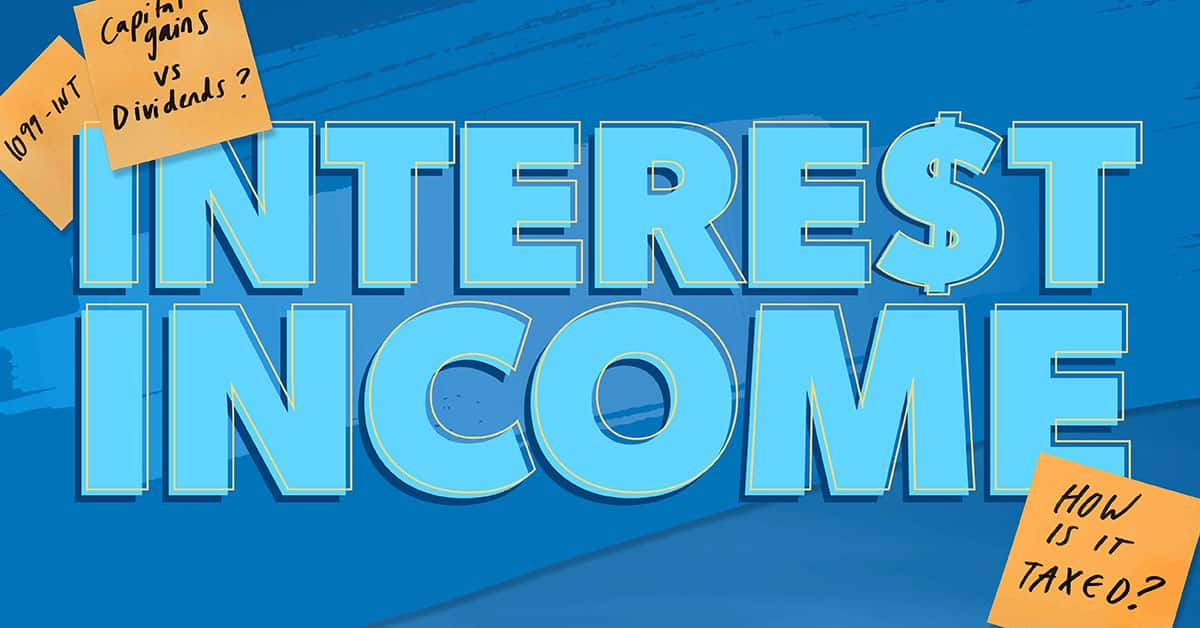Investors utilizing high-yield savings accounts or certificates of deposit (CDs) for additional income may face tax implications.

Interest income tax rates derived from various sources, including bonds, bank accounts, and investments, may be subject to ordinary income tax
This tax rate applies uniformly to interest and ordinary dividends, aligning with an individual’s ordinary interest income tax rate bracket. Financial planner Will Brennan notes that interest income tax rates at both federal and state levels, unlike long-term capital gains. Unless funds are in tax-advantaged accounts like IRAs or 401(k)s, the interest income tax rate is subject to federal taxation. High-income earners may incur an extra 3.8% net investment income tax on interest, dividends, and capital gains.
Income thresholds for this tax in 2023 include $200,000 for single filers, $250,000 for qualifying widows (er) with a child, and $250,000 for married couples filing jointly.
Brokers and financial institutions issue 1099-INT or 1099-DIV forms for interest and dividend earnings exceeding $10
Even amounts below this threshold must be reported as taxable income. Taxpayers earning over $1,500 in interest or dividends must complete Schedule B (Form 1040). While it’s challenging to avoid interest income tax rates, investors may explore tax-advantaged options like 529 plans, HSAs, IRAs, and 401(k)s to minimize their overall tax burden. However, early withdrawal from an IRA before age 59 ½ may incur a 10% penalty tax alongside federal and local taxes.
Municipal bonds, issued by state governments, offer an exemption from federal interest income tax rates. Depending on residency, state income tax may also be waived. It’s crucial to report any interest earned from municipal bonds to the IRS, even if federal tax does not apply.
READ ALSO: Over 50% Of D.C. Renters Allocate Half Of Income On Rent, UPO Analysis Reveals




